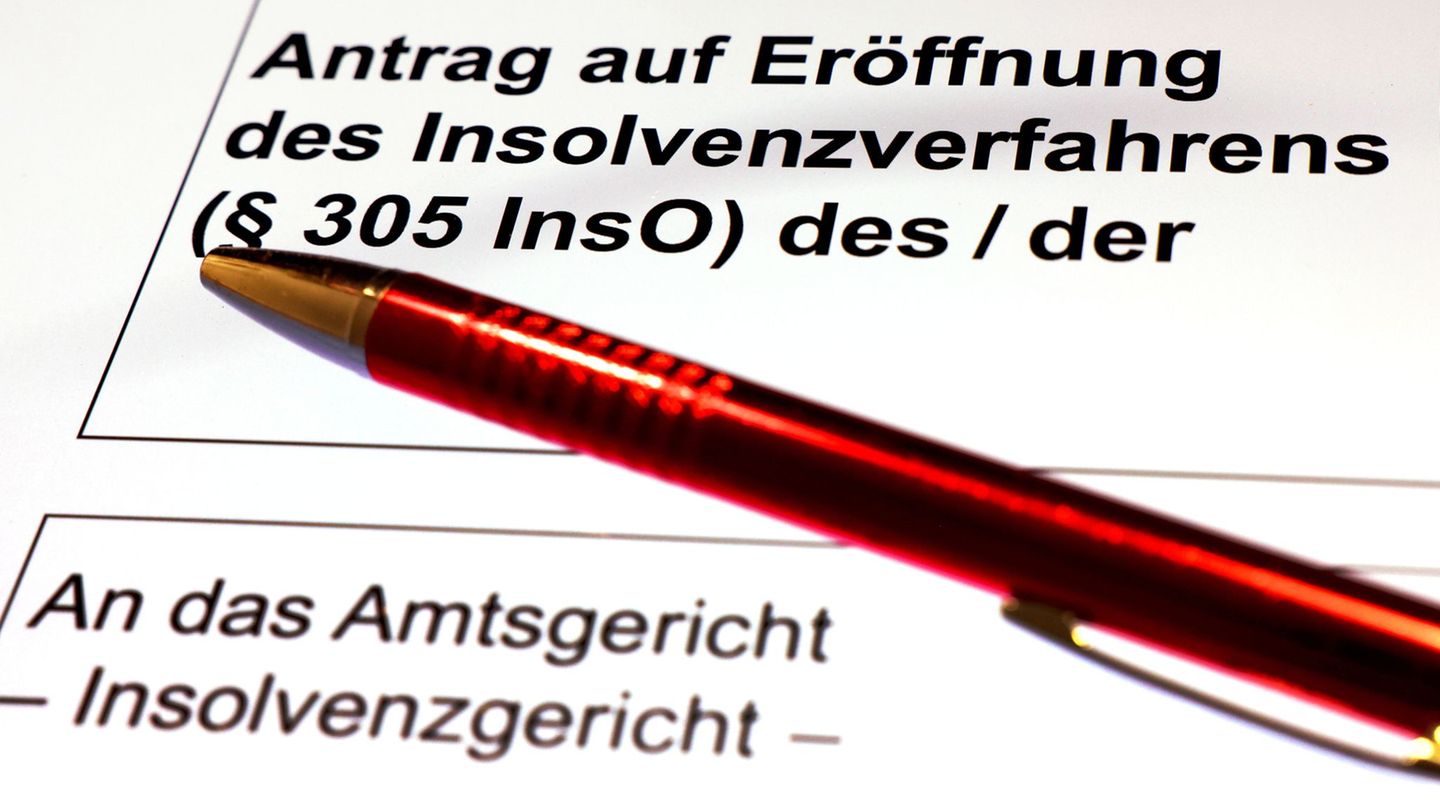How can employees continue to be employed if the scope of their duties changes fundamentally? A change in the law should enable more training from April 1st.
With a so-called qualification allowance, companies and employees will be given more support with regard to further training from April 1st. The reason: The German economy is experiencing structural change, according to the Federal Ministry of Labor (BMAS). The drivers include digitalization and the desired climate neutrality. The funding is intended to enable employees to continue their training and thus keep their jobs.
Why is the funding available?
As a result of the accelerated structural change, the areas of responsibility are changing in some sectors – some are disappearing, in other areas new ones are emerging. “For example, when a company switches from manual production to computer-aided production,” explains Irmgard Pirkl from the Federal Employment Agency. “Then the employees need further training, otherwise they cannot continue to work for the company.” The qualification money is intended to simplify this step. It is part of an adjustment to the Training and Further Education Act that will come into force on April 1st.
The Federal Association of German Employers’ Associations (BDA) is critical of the introduction of the qualification allowance: “It further complicates an already complex system and excludes companies that do not have a relevant works agreement or relevant collective agreement.” According to the BDA, the training money primarily reaches larger companies. Accordingly, the funding criteria do not fit well with small and medium-sized companies. According to the association, use is also restricted by the fact that remaining in the company must be guaranteed.
What is the qualification allowance?
The qualification money acts as a wage replacement. This means that employees receive money from the employment agency instead of their salary for the period in which they take part in further training. This is not an additional payment; you will not receive any wages from your employer during further training. “The company pays for the training and thus invests in the workforce,” says Pirkl. Accordingly, the employees must first agree to further training.
How much money will be paid out?
The qualification allowance is paid to employees in the amount of 60 percent of their net salary. For employees with children, the rate increases to 67 percent. This is the same calculation as for short-time work benefits. “Employers can of course increase the amount if they like,” adds Pirkl.
Which companies can apply for funding?
Employers can apply for funding online – provided that a large proportion of their workforce is affected, as the employment agency explains. Specifically, it must be 20 percent for companies with at least 250 employees and 10 percent for fewer employees. The need for qualification must also be recorded in a company-related regulation or a collective agreement. If there are fewer than ten employees, a written statement from the company is sufficient.
Which industries are affected?
“Almost all sectors and companies are affected by the effects – albeit very differently,” says a BMAS spokeswoman. “In this respect, there is no restriction of the qualification allowance to one field of application.” In addition to the automobile and its supply industry, energy-intensive areas such as the production of glass and ceramics, the processing of stones and earth, the production of chemical products or metal production and processing should also be mentioned. “But it’s not just the industry that is affected,” emphasizes the spokeswoman. There is also significant structural change in the publishing industry, banking, insurance and retail, for example, due to digitalization.
What further training is possible?
A basic requirement should be that the vocational training lasts more than 120 hours. According to the employment agency, it can be completed part-time, full-time or part-time. The educational institution that offers further training must also be certified for funding. In addition, there is a requirement that the learning content “goes beyond solely job-related, short-term adaptation training,” writes the agency. For example, training for company-specific software cannot be funded.
What funding volume is available for the qualification money?
According to the ministry, the support will be financed from the budget of the Federal Employment Agency and will amount to around 3.3 billion euros in 2024. Accordingly, the local employment agencies decide on the specific use of funds. The draft of the Training and Further Education Act assumed additional annual costs due to the qualification money of up to 360 million euros.
Source: Stern




